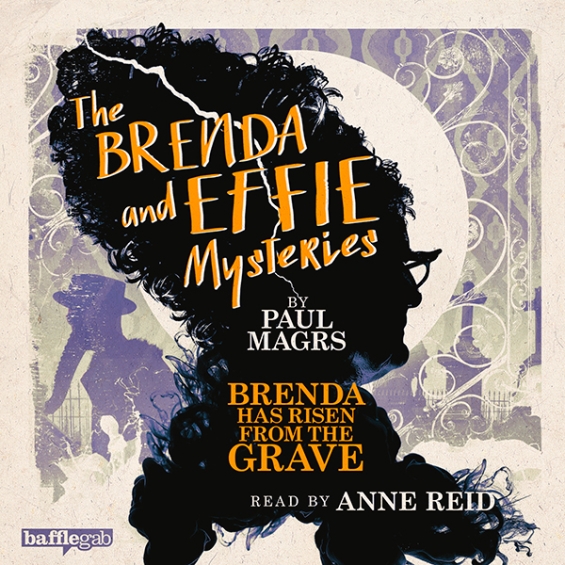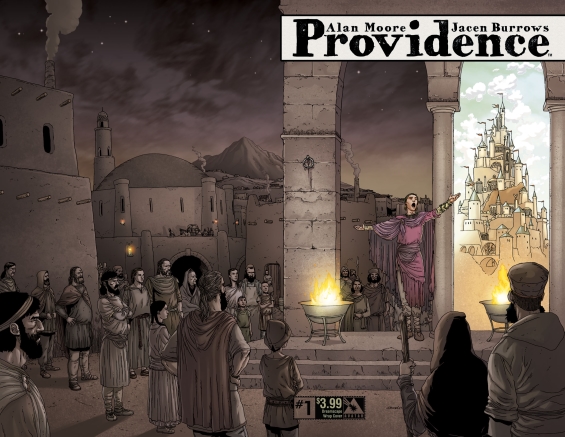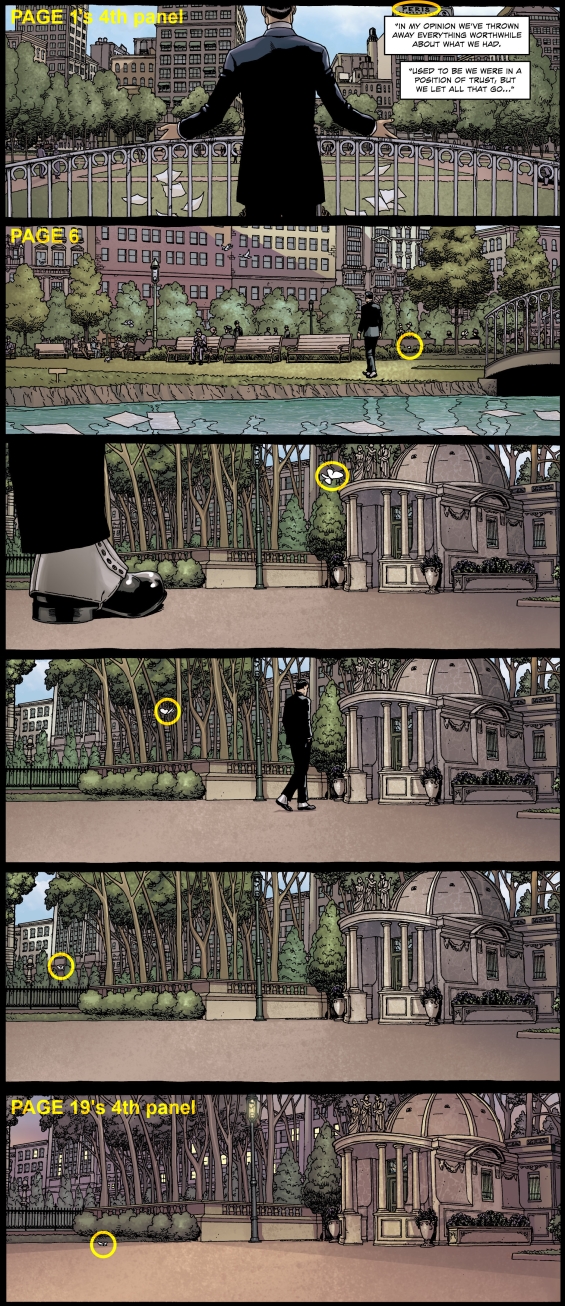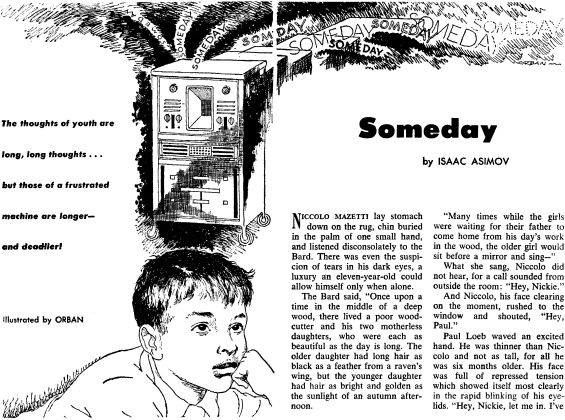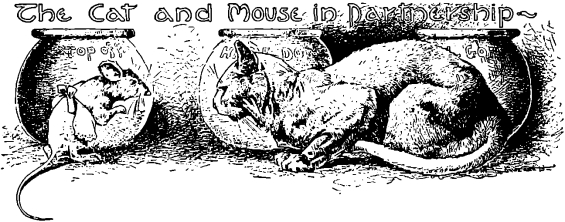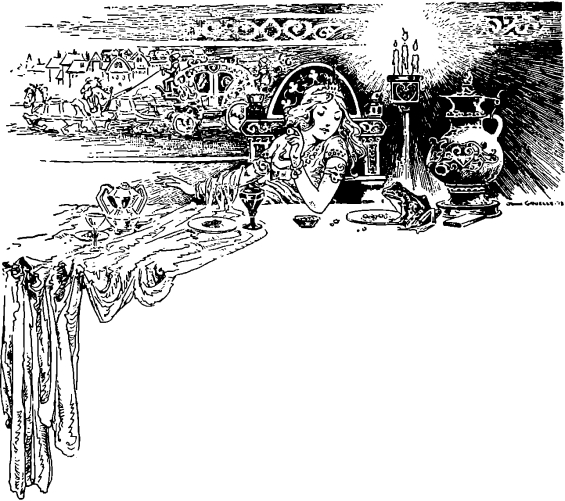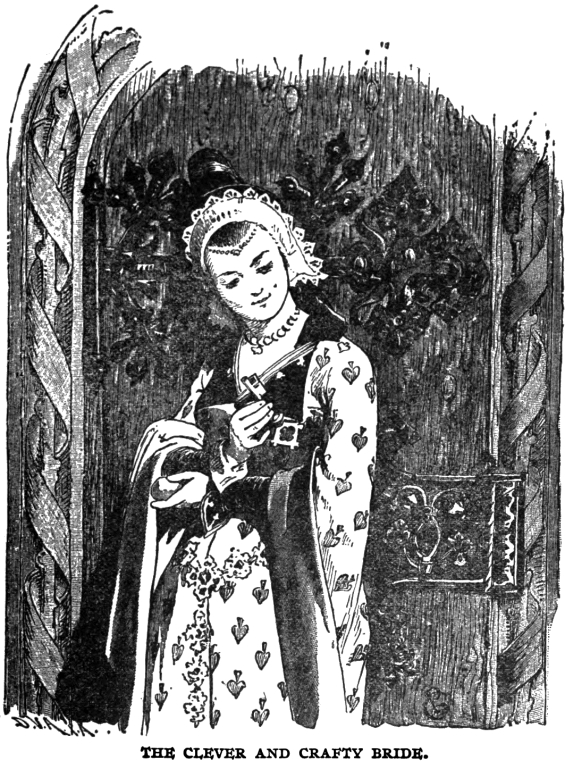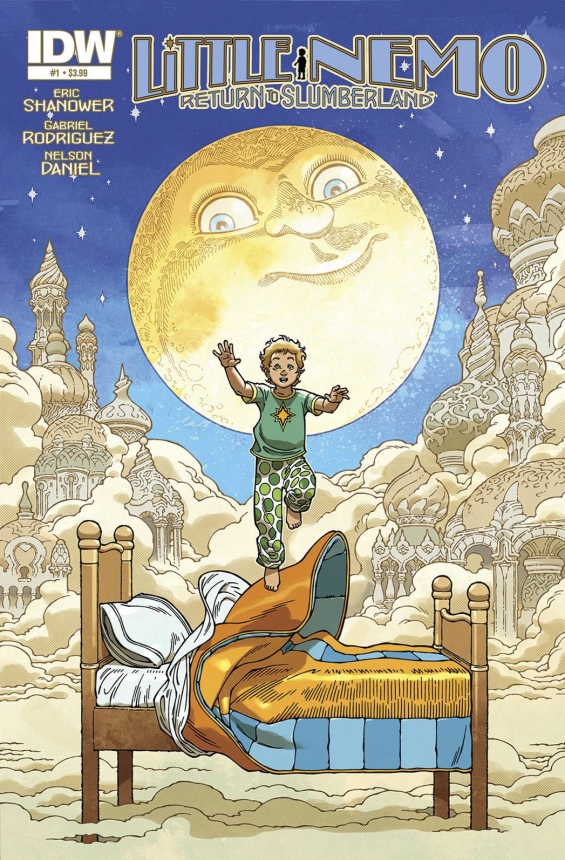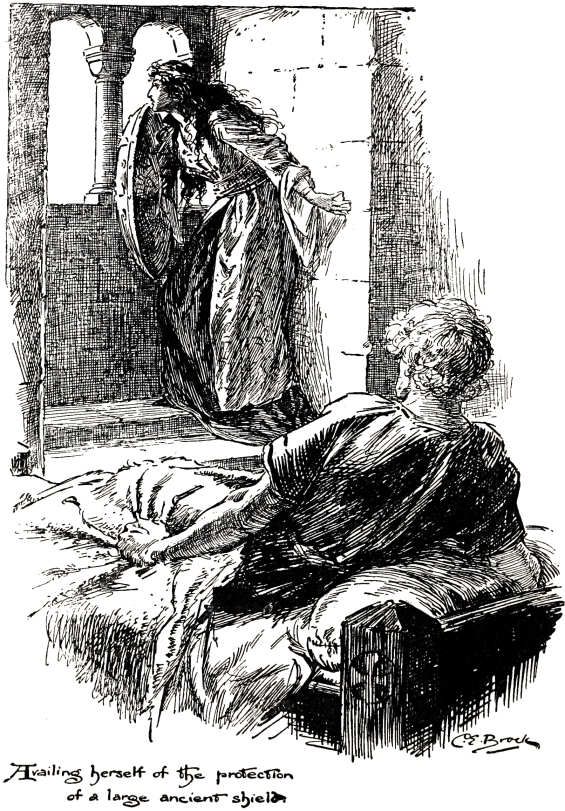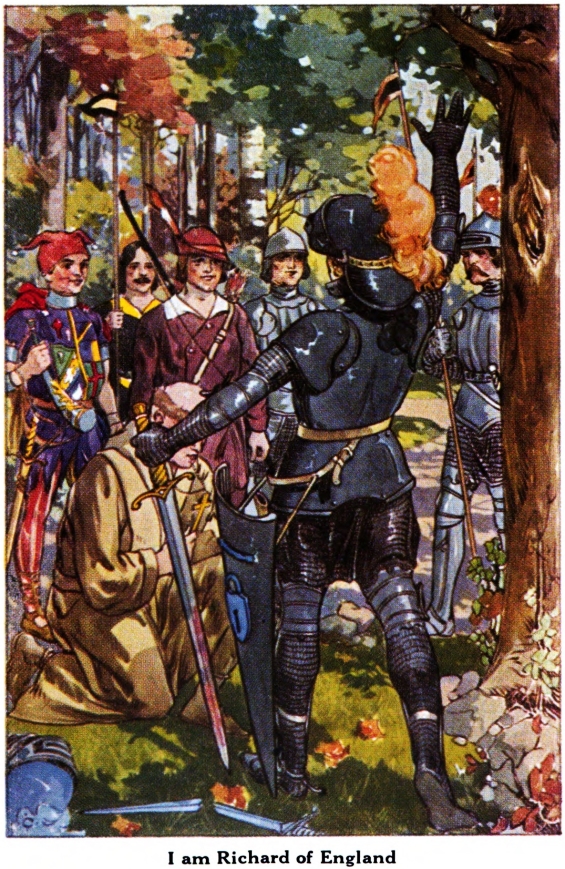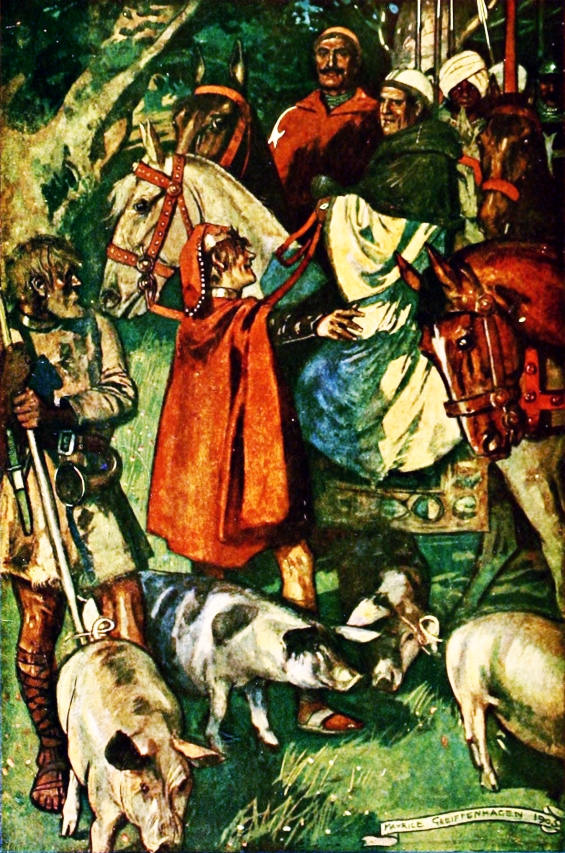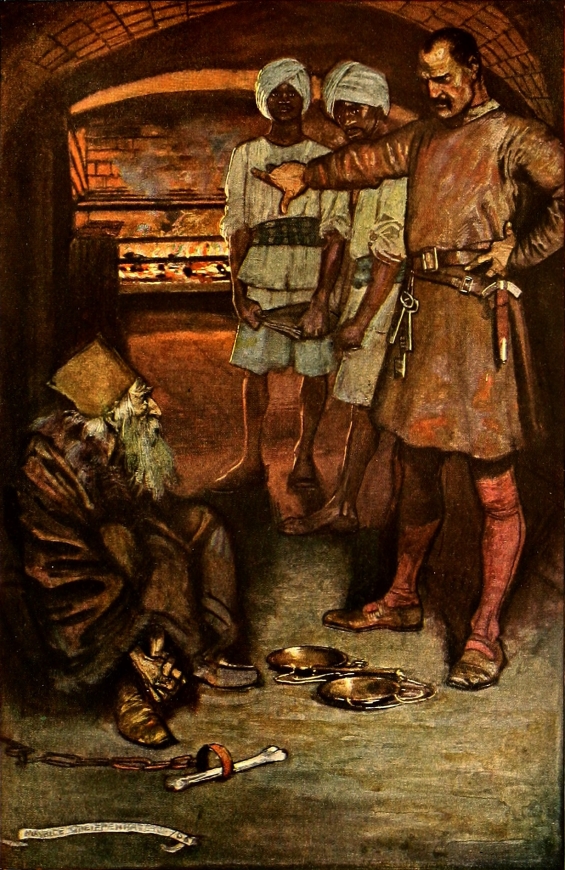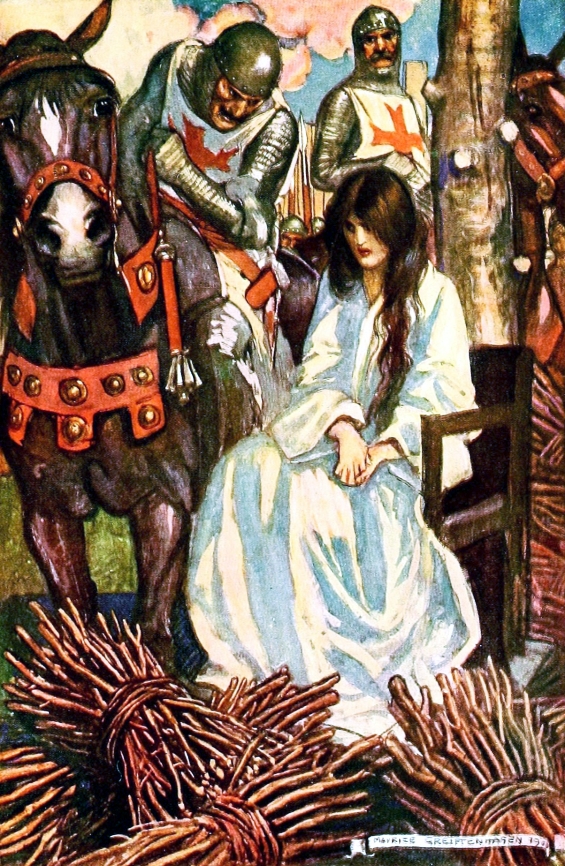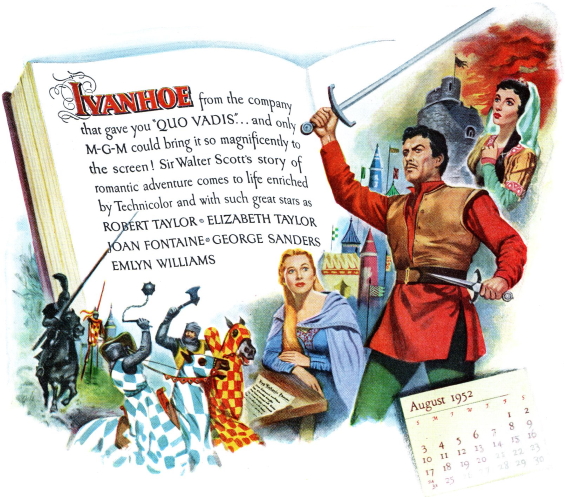
 The SFFaudio Podcast #322 – Jesse and Jenny talk about new audiobook releases and recent audiobook arrivals.
The SFFaudio Podcast #322 – Jesse and Jenny talk about new audiobook releases and recent audiobook arrivals.
Talked about on today’s show:
many sins, paperbooks, The Architect Of Aeons by John C. Wright, Tor Books, The Voyage Of The Basilisk by Marie Brennan, beautiful illustrations and blue text, cover art, a bias against bad art, the way kids talk about book covers, fonts and graphic design, stock photos, don’t mix serif’d fonts, use classic art in the public domain, don’t muddy it up, Graysun Press Class M Exile by Raven Oak, Star Trek, Self Made Hero, I.N.J. Culbard, The Shadow Out Of Time, The Case Of Charles Dexter Ward, The Dream Quest Of Unknown Kadath, the difficulty of promotion for small press publishers, Horror!, The Scarlet Gospels by Clive Barker, John Lee, Macmillan Audio, Pinhead, Hellraiser, random bloody body horror, The Midnight Meat Train, Bradley Cooper, the way Clive Barker’s stuff works, Audio Realms, Limbus, Inc. Book 2, a shared world anthology by Jonathan Maberry, Joe R. Lansdale, Gary A. Braunbeck, Joe McKinney, Harry Shannon edited by Brett J. Talley, space for creativity, David Stifel’s narration of The Monster Men by Edgar Rice Burroughs, The Island Of Doctor Moreau meets Frankenstein done Burroughs style, The Man Without A Soul, David Stifel knows everything about Edgar Rice Burroughs, Jurassic Park by Michael Crichton, read by Scott Brick, Mad Max: Fury Road, 3D is a gimmick, Vampire Horror! by M.R. James, John Polidori, F. Marion Crawford, Anthony Head, M.R. James is the country churchyard ghost story guy, John Polidori was Byron’s Doctor, Mary Shelley won the contest, The Vampyre by John Polidori, Lord Ruthven is kind of based on Lord Byron, an autobiographical fantasy horror, music!, all the good D words, Survivors by Terry Nation, Doctor Who, Blake’s 7, who wrote House, M.D.?, writing credit in the UK, a familiar premise, the original TV series and the remake, The Walking Dead, all the fun stuff we like about post-apocalyptic storytelling, simultaneous existence, The Death Of Grass by John Christopher, A History Of The World In Six Glasses by Tom Standage, our dependence on grasses, The Road, canned food isn’t a long term plan, Station Eleven by Emily St. John Mandel, deer in the woods, the high price put on poaching, the other solution is cannibalism (also not very sustainable), The Water Knife by Paolo Bacigalupi, cutting water, this is already how things are, the atomic bomb scenarios are played out, the water problem, the new dust bowl, North Carolina and South Carolina, Seattle and Vancouver, Dr. Bloodmoney by Philip K. Dick, read by Phil Gigante, a comic version of Doctor Strangelove, Marissa Vu, Paul Weimer, The Gold Coast by Kim Stanley Robinson, Pacific Edge by Kim Stanley Robinson, Luke Burrage’s reviews of the Orange County books, Find Me by Laura van den Berg, silver blisters?, Guy de Maupassant style, The End Has Come edited by Hugh Howey and John Joseph Adams, Carrie Vaughn, Megan Arkenberg, Will McIntosh, Scott Sigler, Sarah Langan, Chris Avellone, Seanan McGuire, Leife Shallcross, Ben H. Winters, David Wellington, Annie Bellet, Tananarive Due, Robin Wasserman, Jamie Ford, Elizabeth Bear, Jonathan Maberry, Charlie Jane Anders, Jake Kerr, Ken Liu, Mira Grant, Hugh Howey, Nancy Kress, Margaret Atwood’s serial, Science Fiction in Space and the Desert, Seveneves by Neal Stephenson, read by Mary Robinette Kowal and Will Damron, very sciencey, too many Jesses, Rob’s commute, Nova by Margaret Fortune, read by Jorjeana Marie, a human bomb, Imposter by Philip K. Dick, The Fold by Peter Clines, read by Ray Porter, another Philip K. Dick story called Prominent Author, a joke story, 14 by Peter Clines, Expanded Universe, Vol. 1 by Robert A. Heinlein, read by Bronson Pinchot, Blackstone Audio, Robert A. Heinlein is a weird idea man, Nemesis Games by James S.A. Corey, Hachette Audio, Sword & Laser, The Darkling Child (The Defenders of Shannara) by Terry Brooks, read by Simon Vance, Casino Royale by Ian Fleming, larger than life voices, The Red Room by H.G. Wells, the accents, BBC audio dramas of James Bond books, the David Niven Casino Royale, The Brenda & Effie Mysteries: Brenda Has Risen From the Grave! (4), Bafflegab, Darwin’s Watch: The Science of Discworld III: A Novel by Terry Pratchett, Ian Stewart and Jack Cohen, read by Michael Fenton Stevens and Stephen Briggs, Uprooted by Naomi Novik, read by Julia Emelin, The Invasion of the Tearling by Erika Johansen, read by Davina Porter, Sarah Monette’s The Goblin Emperor, coming of age in a fantasy world, librarians recommend!
Posted by Jesse Willis
